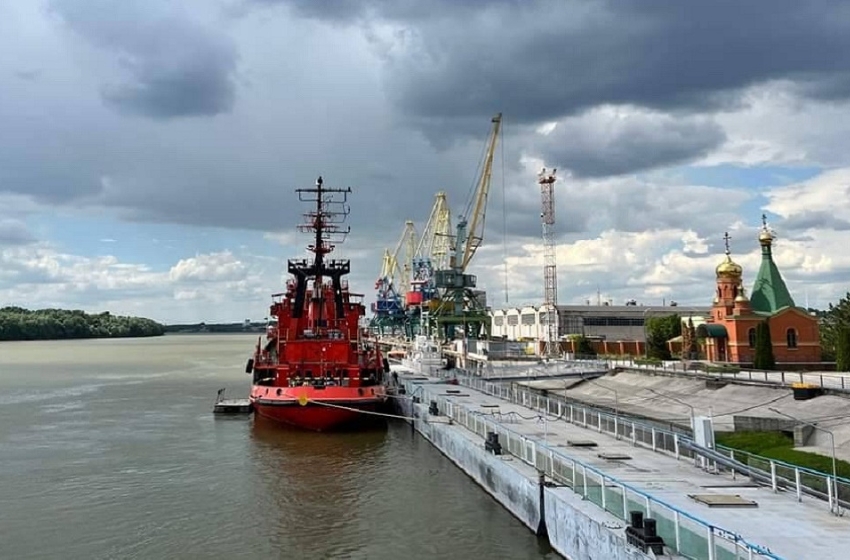In 2024, the cargo turnover of Ukrainian ports on the Danube decreased by 46% — to 17.3 million tons.
This was written by leading research fellow of the Institute for Economic Research and Policy Consulting, Iryna Kosse.
For comparison, the maritime corridor provided almost 80 million tons of cargo turnover. Grain exports through Romania’s Constanța in January-February decreased sixfold, and large traders, including “Nibulon,” do not see opportunities to increase exports through Izmail or Reni.
At the same time, as she emphasizes, these ports remain key for handling shipments of ore, petroleum products, and import consignments. Izmail, in particular, continues to serve deliveries of Ukrainian iron ore for European metallurgical plants.
The Danube ports are part of the “Solidarity Lanes” logistics corridor connecting Ukraine with the EU. Their integration into TEN-T (Trans-European Transport Networks), scaling up European co-financing, and support for specialized infrastructure — this is an investment in resilience, not a reserve.
Thus, according to the expert, logistical autonomy implies having choice, not dependence on one route, even if it currently operates effectively.
"You can’t put all the cargo into the Odessa basket. Even if it’s working well now, strategic autonomy means having the option to choose a route, not being forced into just one. The Danube ports do not need saving. They need integration, investment, and the political will to see them as part of European logistics, not just a temporary solution during blockade times," wrote an expert.




















